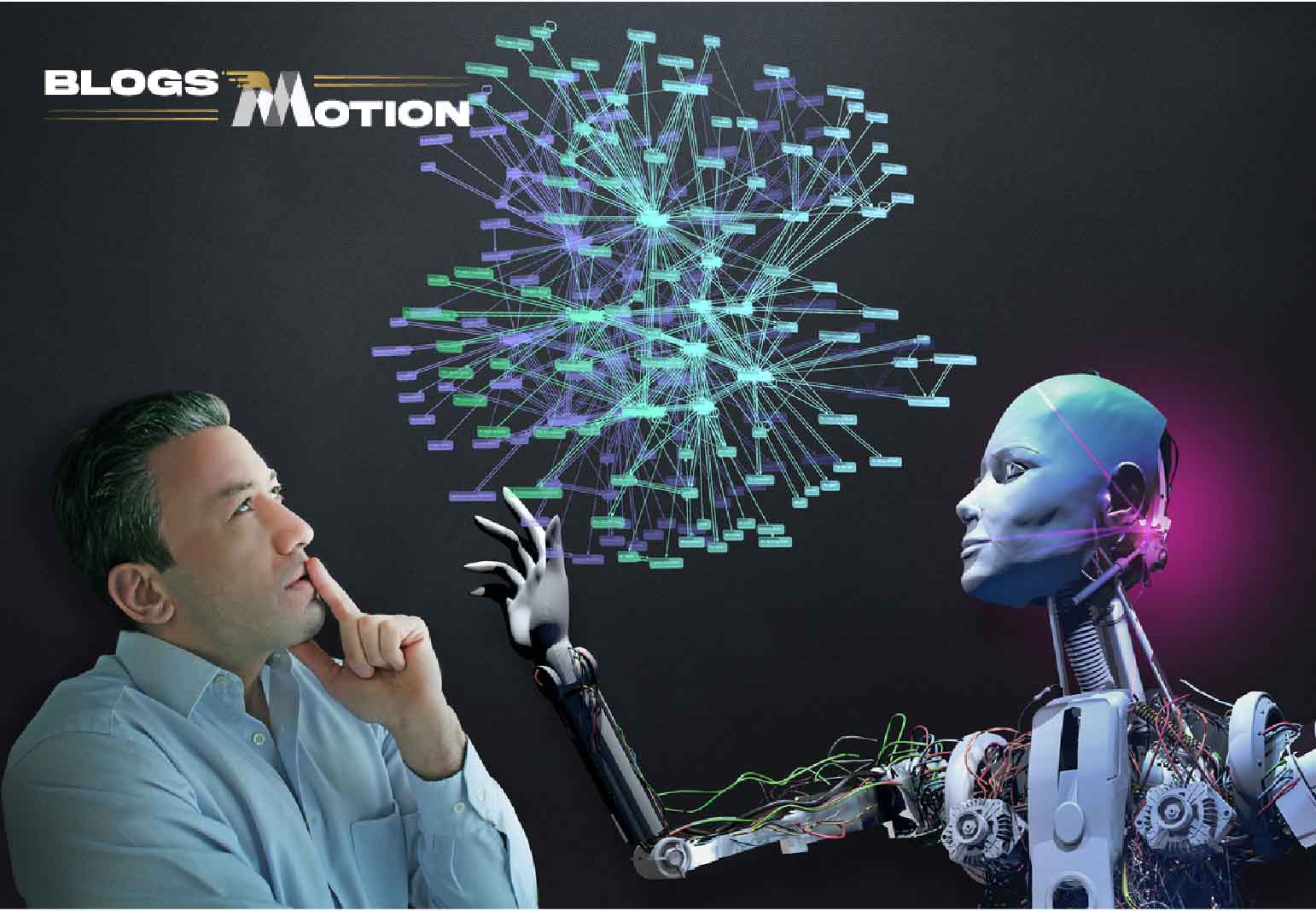
The Future of Artificial Intelligence: Trends and Implications
Artificial Intelligence (AI) has rapidly transformed from a futuristic concept to an integral part of our daily lives. As technology continues to advance, the future of AI holds both exciting possibilities and important implications across various domains. From business and healthcare to education and entertainment, AI is poised to shape the way we interact with the world. In this article, we'll delve into the trends and implications that define the future of AI.
Trends Shaping the Future of AI:
Implications of AI on Society:
Conclusion:
The future of AI holds immense promise, but also significant challenges. As trends like machine learning, conversational AI, and autonomous systems shape our technological landscape, society must navigate the ethical, social, and economic implications of AI adoption. Striking a balance between harnessing AI's potential and addressing its pitfalls will be crucial to ensure a future where AI benefits humanity as a whole. Through responsible development, ethical considerations, and a collaborative approach, we can shape an AI-driven future that augments human capabilities and enriches our lives in unprecedented ways.
© Blogs Motion | All Rights Reserved.
Flat 15% OFF ALL Orders Sitewide
Copy and paste this code
couponcode
